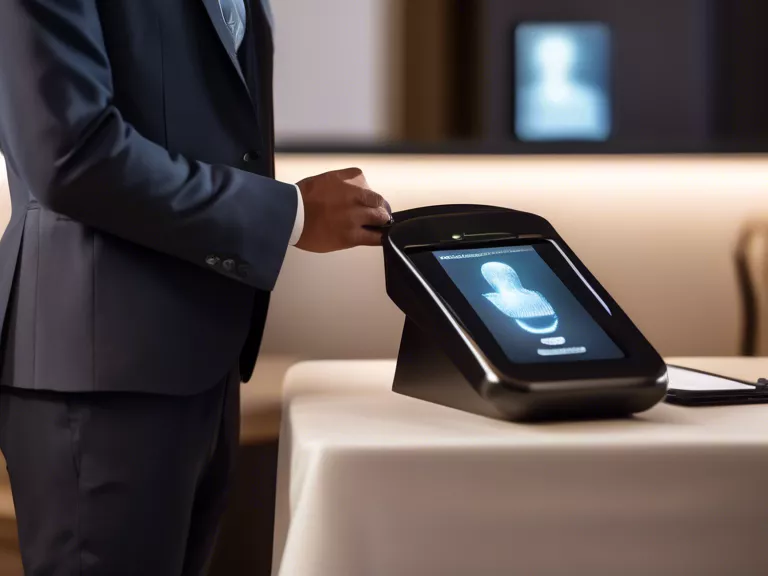
Biometric technology is revolutionizing the hotel industry by simplifying the check-in process for guests. This article explores the impact of biometric hotel check-ins in improving the overall guest experience.
In the past, checking into a hotel involved waiting in long lines at the front desk, filling out paperwork, and providing identification. This process not only wasted valuable time for guests but also created frustration. However, with the introduction of biometric technology, hotels are now able to streamline the check-in process and provide a more seamless experience for guests.
Biometric hotel check-ins use facial recognition or fingerprint scanning technology to verify guests' identities. This eliminates the need for physical identification documents and speeds up the check-in process significantly. Guests can simply walk up to a kiosk, scan their face or fingerprint, and receive their room key within seconds.
The convenience provided by biometric hotel check-ins enhances the overall guest experience. Guests no longer have to waste time waiting in line or digging through their bags for identification. This technology also adds a layer of security by verifying guests' identities through unique biometric markers.
Additionally, biometric hotel check-ins allow guests to customize their experience further. Hotels can store guests' preferences, such as room temperature or pillow type, in their biometric profiles. This level of personalization enhances the overall guest experience and fosters customer loyalty.
Overall, the impact of biometric hotel check-ins on improving guest experience cannot be overstated. This technology streamlines the check-in process, enhances security, and provides guests with a more personalized experience. As biometric technology continues to advance, we can expect to see even further improvements in the guest experience at hotels around the world.



